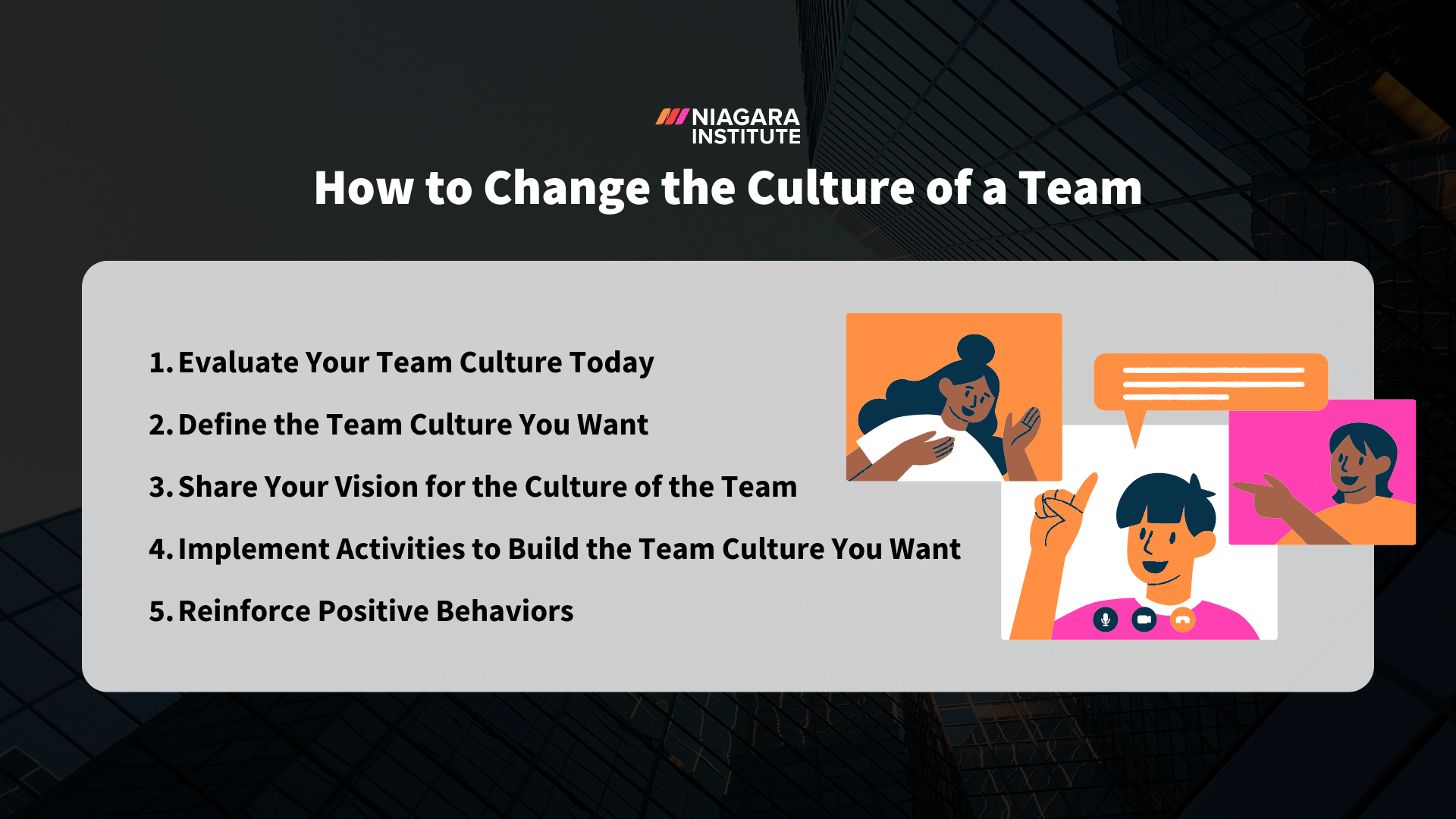4 min read
What is Team Culture? 4 Myths Busted
Between looming deadlines, targets to be achieved, and expectations to be met, the last thing that may be on your mind is team culture. However, you...
2 min read
 Michelle Bennett
:
Jul 28, 2021 5:30:00 AM
Michelle Bennett
:
Jul 28, 2021 5:30:00 AM

Culture. This term is thrown around about organizations. Ask someone about where they work and they’ll talk about the culture of the organization.
Keep in mind culture is not ping-pong tables and bean bag chairs. Culture is the way individuals interact with each other and the behaviors they demonstrate. In essence, it is how things are done in an organization.
We’ve all heard in the press and through disgruntled employees on social media about toxic company cultures where yelling, undermining, and politicking are the norm. Understandably, these types of company cultures tend to have high turnover rates and more unengaged employees.
The culture within a team is no different. Teams and departments tend to have their own sub-cultures, which can explain why some teams excel, while others within the same organization falter. It all comes down to how individuals interact, build trust, and work together to get the job done.
So, what’s the biggest mistake a team leader can make when it comes to team culture?
Doing nothing.
When those in team leadership have a laissez-faire attitude about the culture on the team and let the norms and behaviors form without intentional effort, the way your team operates may not be in line with what’s needed for the work environment to be positive and productive.
That’s why team leaders need to determine, implement, and reinforce the culture they want for their team. There is great benefit in doing so as it has been shown that a strong culture is a real competitive advantage as it helps attract the best talent, increases employee engagement, drives productivity, collaboration and teamwork, and ultimately team performance.
Now, here are five easy steps you should take if you’re in team leadership and want to build a positive team culture that others want to be a part of.

Start by describing the values and behaviors you want to form your team culture. Incorporate what you currently have that you like, and add to it the new behaviors you want to see. Use easy-to-understand language, such as transparency, connected, inclusive, fun, respectful, trusting, and nimble to name a few.
Get your team excited about the shift in culture by sharing what the team vision is and why the change is beneficial. Once the team understands and is bought in on your reasoning for changing, share the new values and behaviors you expect to become the new norm.
Go beyond just saying what the culture needs to be by implementing team culture-building activities to put those desired behaviors into practice. This could include completing a challenge, such as an escape room, brainstorming an innovative solution to a problem, and a trust-building activity such as a ropes course. Ensure the culture-building activity aligns with the new behaviors you want to see.
Giving shout-outs at team meetings or team culture awards are one way to reinforce the positive behaviors that align with your desired team culture. Positive reinforcement encourages someone to repeat the desired behavior. It also is concrete evidence for the rest of the team why intentionally building a postive team culture can have real, tangible results.
If you want to be the enviable team in your organization, it requires intentional effort to build a culture others want to be a part of. As Brian Chesky, co-founder of Airbnb, said, “Culture is simply a shared way of doing something with a passion.” What do you want your team’s shared way to be?

4 min read
Between looming deadlines, targets to be achieved, and expectations to be met, the last thing that may be on your mind is team culture. However, you...
.png)
6 min read
Did you know that 70% of the variance in the level of engagement from one employee to the next can be attributed to who their direct leader is? While...

7 min read
A happy and engaged team is the backbone of any successful organization.